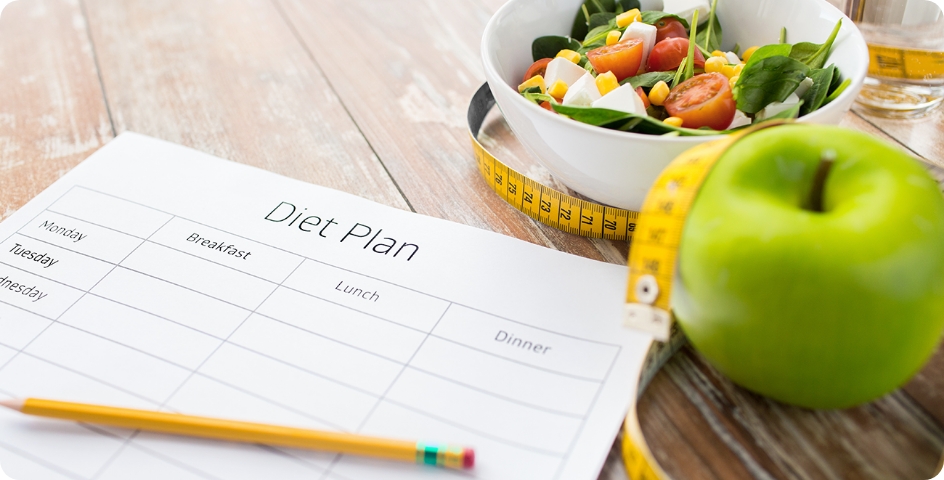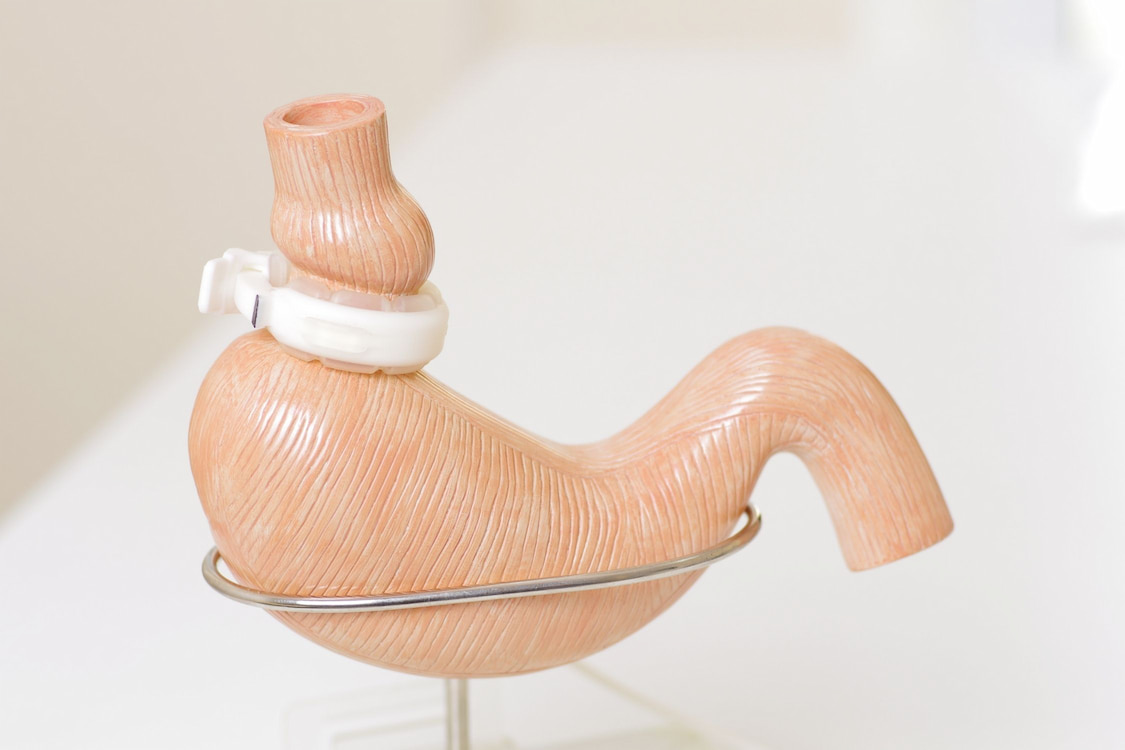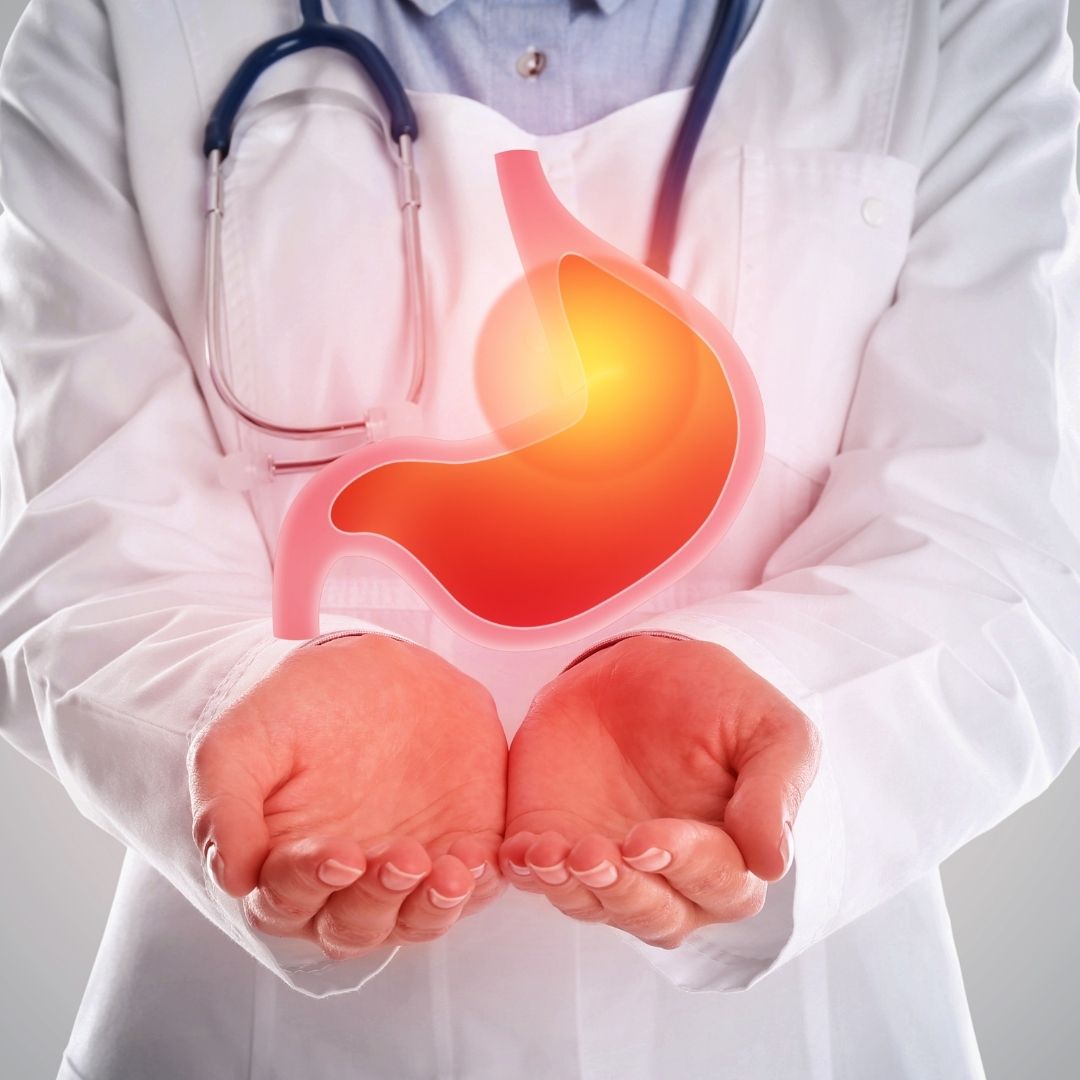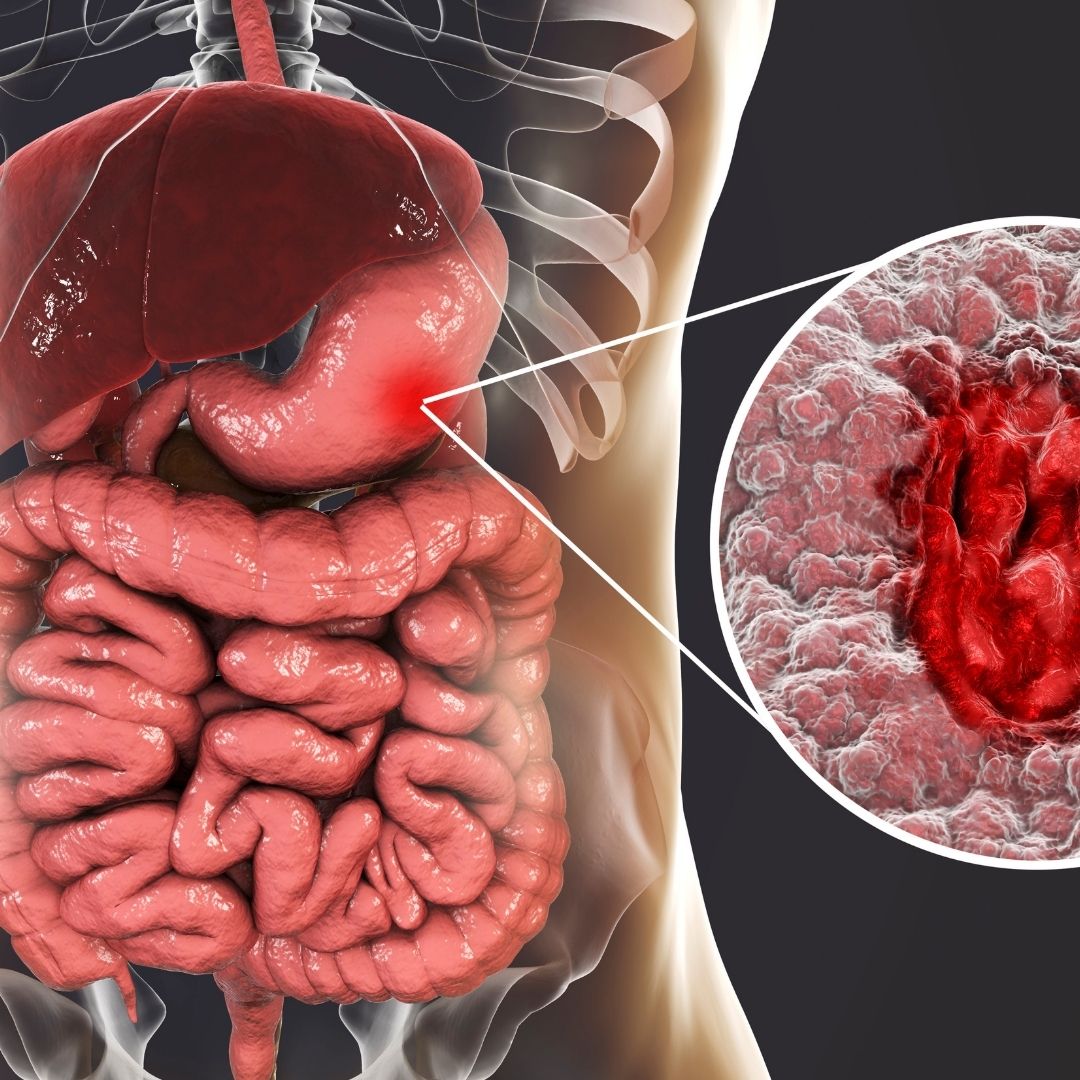
Eat After Bariatric Surgery
While bariatric surgery can be a fantastic tool for helping to decrease the overall volume of food able to be consumed at a time and influencing appetite-regulating gut hormones, some people are still challenged by uncontrolled hunger and cravings. The dietary choices and behaviors that patients practice can directly influence their hunger and satiety before and after meals.
If you are considering bariatric surgery, you are probably wondering what you can expect to eat after bariatric surgery. The short answer is many different foods. There are several diet phases after weight-loss surgery, and different stages contain foods of different textures. You will slowly introduce new types of meals into your diet as your stomach heals. Each program may have slightly different suggestions. However, in general, below are some guidelines that you can choose about eating after bariatric surgery.
What Is Contained In Bariatric Surgery?
When your health is at risk due to your excessive weight, you are required to do something right away to provide your health does not deteriorate. Excess weight in your body causes myriad dangerous issues, like heart disease and diabetes. However, losing weight is not easy for every people. If you have tried diet and exercise and every other weight-loss trick and they have not worked, bariatric surgery might be the next option. So what types of surgery are available for bariatric procedures? In the world, many expert surgeons offer many types of bariatric surgery, including:
Gastric Sleeve Method
Gastric Bypass Procedure
Gastric Balloon System
Lap-Band or Gastric Band
Stomach Stapling Operation
Your bariatric surgeons take into account your overall health and your BMI to determine what type of surgery works best for you. They also look at what medical conditions you have and your willingness to stick with the aftercare plan when deciding on a procedure. Some of the surgeries, such as gastric bypass procedures and gastric sleeve surgery, involve altering the size and shape of your stomach. This not only helps control the amount of food you can eat after bariatric surgery but also how it is digested and distributed.

Keep the Nutritional Style Balanced And Healthy
Decreasing the size of your plates means that you need to make sure everything on there is nutritious, healthy, and tasty. As you will be eating less, every mouthful is important! You should make sure the foods that you eat are high in protein and low in sugar. Specialist bariatric surgeons encourage you to eat vegetables, fruit, whole grains, lean meat, and fish. It is significant to eat slowly and chew your food properly to ensure we avoid a ‘stuck episode’, mostly associated with the gastric band. This means that the food is too large to pass through the band into the main part of the stomach after the bariatric surgery. In addition, when you eat slower, you give the body more time to tell us that you are full, ensuring you do not overeat.
Choose Protein-Rich Foods to Eat After Bariatric Surgery
Most bariatric patients know that protein is the main point of a weight loss surgery meal plan. While it is significant for supporting skeletal muscle, organs, and hormones, it is also a great choice to help make you full quicker and keep you full longer. The society of metabolic and bariatric surgery suggests at least 60-80 grams of protein per day. Healthy options contain lean meat, poultry, seafood, low-fat dairy foods, eggs, beans, tofu, and other plant-based proteins. To make protein goals easier to reach after bariatric surgery, it is recommended that patients aim to have protein first with each meal and snack.
Fiber-Filled Carbohydrates After Weight Loss Surgery
If you find that you can eat larger portions than you once were able, it may be useful to reevaluate the types of foods you eat after bariatric surgery. Are you consuming mainly carbohydrates? Carbohydrates, especially dry, crunch, overly processed types (i.e. crackers, chips, popcorn, granola bars, etc.) do not have the same impact on satiety and are often easier to graze on. Instead, carbohydrates high in fiber may support improved satiety as they take up more room in the stomach and take longer to digest. Fiber-filled carbohydrates contain foods such as dark leafy greens, broccoli, cauliflower, carrots, peppers, green beans, asparagus, squash, and berries. These foods should be eaten after your protein diet.
Whole grain products are also another source of fiber, but due to their higher carbohydrate and starch content, these should be consumed last at a meal. This would include whole grain kinds of pasta and bread. Additionally, high carbohydrate/starch foods such as potatoes, rice, corn, and beets should be consumed after both protein and lower starch vegetables.
Healthy Fats on the Bariatric Diet
While fats can be dense with calories, this macronutrient is essential for overall health and wellness. Fat is important for brain function, hormone synthesis, and keeping your skin looking soft and smooth! Adding a small amount of fat to a meal can also ensure an extra boost of flavor and make a meal more satisfying. In addition to getting some fat naturally from animal foods; aim to contain fat from plant foods such as olives, olive oil, avocados, nuts, nut butter, and seeds after bariatric surgery.
Be Careful of Dairy Products
Dairy items like cheese, ice cream, and milk can be difficult to digest after having bariatric surgery procedures. The lactose in dairy products might cause stomach pain, bloating, and diarrhea. If you eat dairy after weight loss surgery, choose lactose-free options or take a lactase supplement with your meal. It is also significant to avoid high-fat dairy products, like whole milk, heavy cream, and butter. Such foods can raise the risk of developing obesity and diabetes.
Avoid Fried Foods
After weight loss surgery, it is important to avoid fried foods. These products are high in fat and calories, leading to weight gain. Fried foods can be difficult to digest, which can cause problems and indigestion, where food moves too quickly through the small intestine. You may experience nausea, vomiting, diarrhea, and abdominal pain after consuming fried foods like beef, French fries, potato chips, and others. Instead, you should opt for baked or grilled foods after bariatric procedures. These products are lower in fat and calories and will be easier on your stomach.
The Study of Eat After Bariatric Surgery
A recent study published in the Journal of Bariatric Medicine conducted a comprehensive analysis of the dietary patterns and their impact on weight loss in post-bariatric surgery patients. The study found that patients who followed a diet high in protein and fiber-filled carbohydrates experienced better satiety and weight loss outcomes. Additionally, the research emphasized the importance of avoiding fried foods and dairy products that can lead to digestive discomfort and hinder weight loss progress. These findings underscore the significance of dietary choices in the post-bariatric surgery period and support the recommendations outlined in this article.
Conclusion
Once weight loss surgery patients are able to physically tolerate all foods and drinks, they must keep in mind that although their stomach can accept these foods, they may not be best for weight loss. Bariatric surgery patients will usually have room for only their protein dish, which should be consumed first. If patients have additional room in their stomachs, they should eat non-starchy vegetables a second. At Healthy Türkiye, our dietitians can help you create a realistic dietary pattern that works for your lifestyle and taste preferences. We are here to support you through all phases of your post-bariatric surgery diet and help you create healthy changes long-term!




